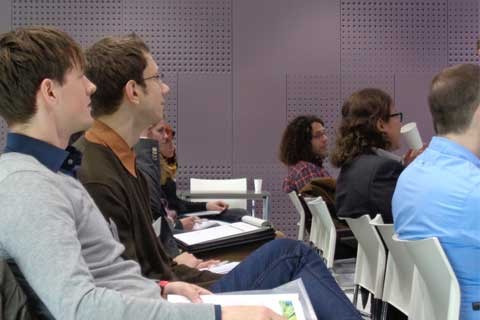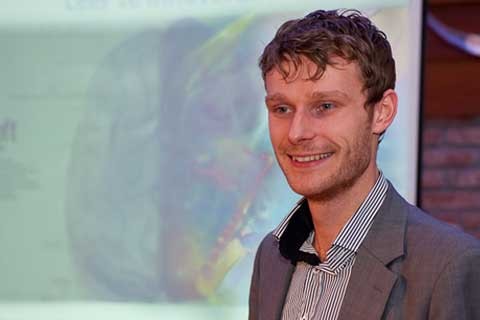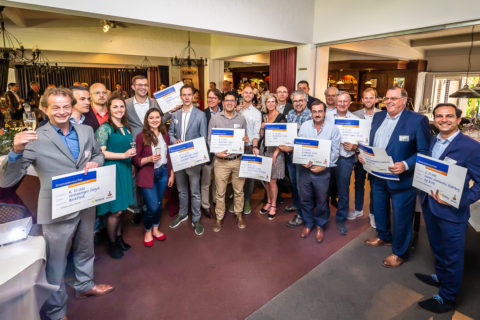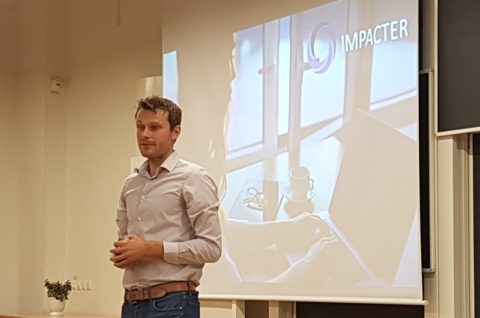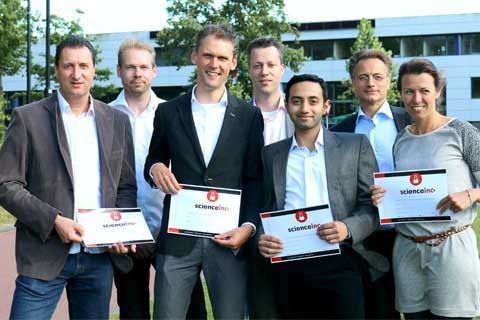As IDfuse we have been assisting scientists in transferring their knowledge to society for three years now! A great opportunity for celebration, you could say. We will do so by starting to share some of our insights relating to the rough road of knowledge trying to reach society.
Why do we think we have something to share? Over the past three years, IDfuse has seen well over 300 researchers across disciplines. We’ve spoken to PhD candidates and professors, we’ve trained the most fundamental researchers and researcher-practitioners in academic hospitals and universities and we’ve cooperated with support staff, knowledge institutions and policymakers.
IDfuse now assists half of the Dutch universities by training their researchers on finding opportunities for utilization, setting up programs on academic entrepreneurship and embedding knowledge utilization policies in the university.
Is this kind of support necessary? We think so! To illustrate, let us take you back to a lecture series of the Rathenau institute. On stage, a juvenile judge spoke about how hard it was to choose the right sentence for kids she was repeatedly seeing in court. Should she put them in jail for 10 years? She didn’t believe that was the solution. Not five minutes later, a researcher on stage claimed that these questions had been answered years before. He instead wanted to speak about his current research – because that was really exciting! We were stunned. As long as this disconnect between scientific insights and practice is present, we must feel obliged to improve the system.
If we take a look at many Dutch and European policies, governments also seem to feel this obligation. The Horizon2020 program, Europe’s largest research and innovation program, puts quite some emphasis on societal challenges. The Dutch organization for Scientific Research (NWO) also has a broad range of funding instruments that ask for public-private partnerships or a plan for knowledge utilization. This ambition that science should impact the world more is partly driven by what policymakers have coined the ‘European paradox’. The paradox says: Europe is excellent in science (this part is not undisputed), but is at the same time insufficiently able to translate that excellence into societal and economic value.
We believe that a variety of issues in how the system is organized, contributes to limited use of academic knowledge. Therefore, the next blogs will discuss the incentives for researchers to stay away from knowledge utilization and also shed light on their reasons to seek it. At the same time, we hope to share many exciting examples out of the fascinating world of science. Please don’t hesitate to contact us if you have any comments, remarks or questions. We are happy to answer you via e-mail, phone or a new blog. Cheers!
IDfuse was founded by Tijmen and Paul in 2012, for more information on the company and their background, check this page.

